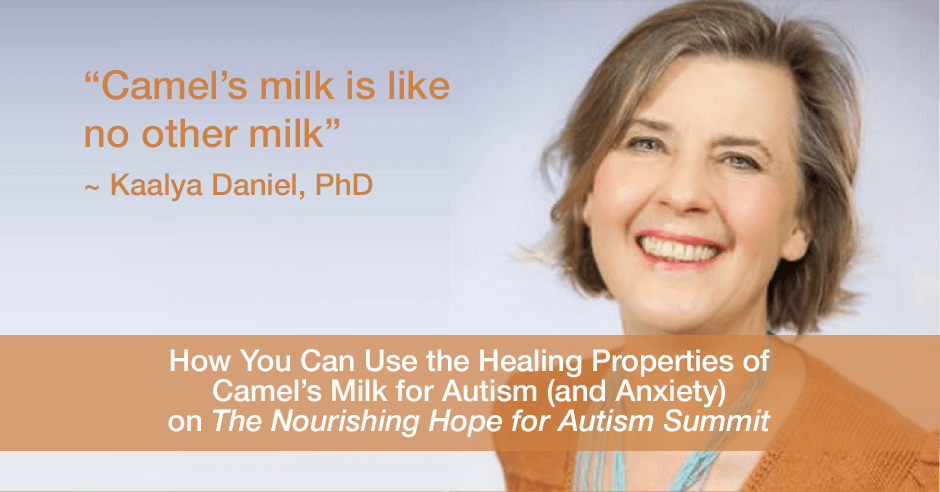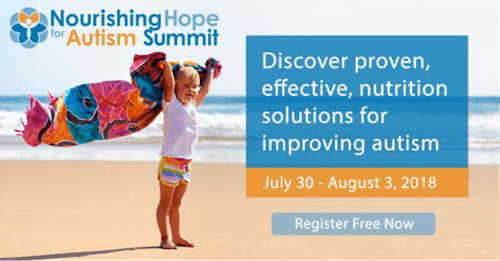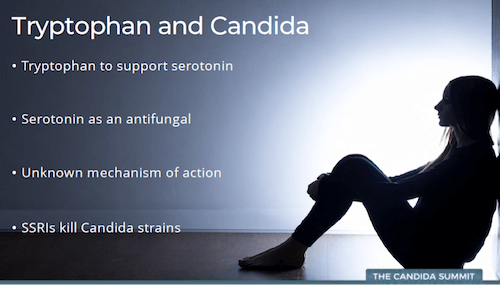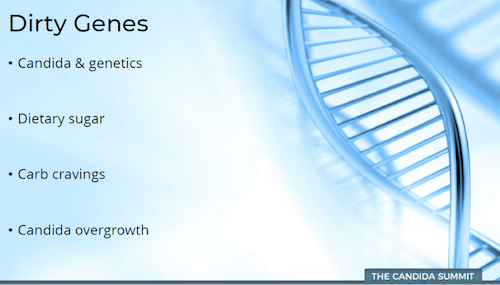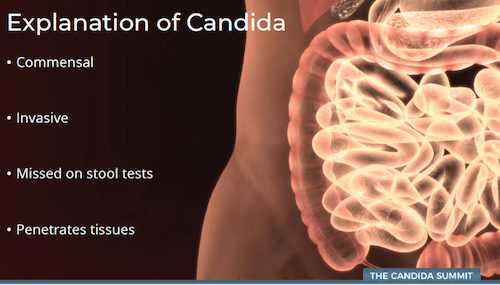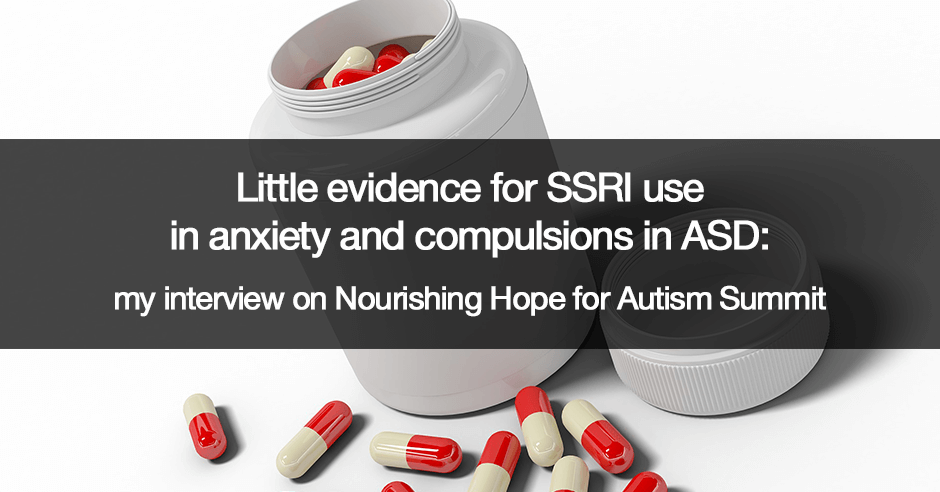
Lyme disease is an overlooked underlying cause of IBS & SIBO and Dr. Tom Messinger addresses this fascinating connection in his interview on the IBS & SIBO SOS Summit, happening September 3-10, 2018.
Summit host, Shivan Sarna, found out about this connection when she told Dr. Messinger that her feet really hurt. He responded with this:
You know, the spirochetes from Lyme do like the feet
Who knew!?
He also shared that an acute presentation of Lyme disease can manifest with GI symptoms such as nausea, vomiting, diarrhea:
a common underlying cause of SIBO is what’s considered either a GI flu or food poisoning. Most times, clinically, you can’t tease out which of those two scenarios happened. The person just has the same symptoms—nausea, vomiting, diarrhea, abdominal cramping.
However, there is research—and that’s published research—showing that one of the ways an acute presentation of Lyme disease can manifest is that those GI symptoms—nausea, vomiting, diarrhea.
So, a person that has that, and then years down the road is diagnosed with SIBO, it’s traced back to that as probably the onset, and thinking, “Well, it’s probably a GI flu,” you don’t get worked up for it, or it was a food poisoning, but it could’ve actually been a tick bite, Lyme disease, that caused that. And it was written off as it was just a GI flu. So an acute presentation, Borrelia can cause those symptoms that may lead down the road to SIBO.
And there is more:
- We know that Borrelia does live in the intestinal lining cells
- Borrelia has an affinity for nervous system tissue and that’s why there’s a lot of neurological symptoms in Lyme. But as we know, the GI system has a lot of nervous system tissue in it. It’s felt that Borrelia has an impact on the migrating motor complex and definitely has a profound impact on motility. It could either make motility hyperactive or hypoactive (diarrhea or constipation).
- Borrelia has a great affinity for that and usually will impact the vagus nerve. The vagus nerve is your main parasympathetic nerve in your body that helps to regulate all of your digestive function—hydrochloric acid secretion, pancreatic enzyme secretion, motility.
He reminds us to not discount the possibility of Lyme disease based on the following belief:
Well, I don’t live in the northeast. I don’t hike. I’ve never had a tick bite with a bulls eye rash. So there’s no way I could have Lyme disease
Dr. Messinger goes on to talk about the incidence of Lyme, how it can be transmitted, how it affects many body systems (digestion, neurological, hormones etc.), the challenges with Lyme testing, treatment and how overall toxicity may be playing a role in symptom severity.
I have chronic SIBO myself and I’m a speaker on the summit too. I cover how GABA reduces the visceral pain of IBS & SIBO, eases anxiety and helps with insomnia, plus some other protocols for easing the pain when the dreaded belly bloat occurs and you can’t sleep.
I’m also in the process of testing for Lyme disease. I wonder if this is one of the underlying causes of my SIBO? You’ll be sure to hear from me once I find out more.
Summit host, Shivan, asks the excellent questions YOU would ask if you were in the room with these experts. She draws on her own experience with painful digestive issues and years of failed treatments (alternative and conventional) to be YOUR champion for improved health…
…and she’s here to share her knowledge with you!
Join us at The IBS & SIBO SOS Summit to learn more about:
- Identifying the root cause of your digestive struggles
- Saving money from wasted doctor visits and ineffective treatments
- Identifying which foods cause your flares
- Naturopathic and conventional principles important to gut healing
- Strategies for food reintroduction
- Treatments, protocols and diets for IBS and/or SIBO
- And more!
The IBS & SIBO SOS Summit is online and complimentary from September 3-10, 2018!
I’ll see you online at this educational summit when you register here today

